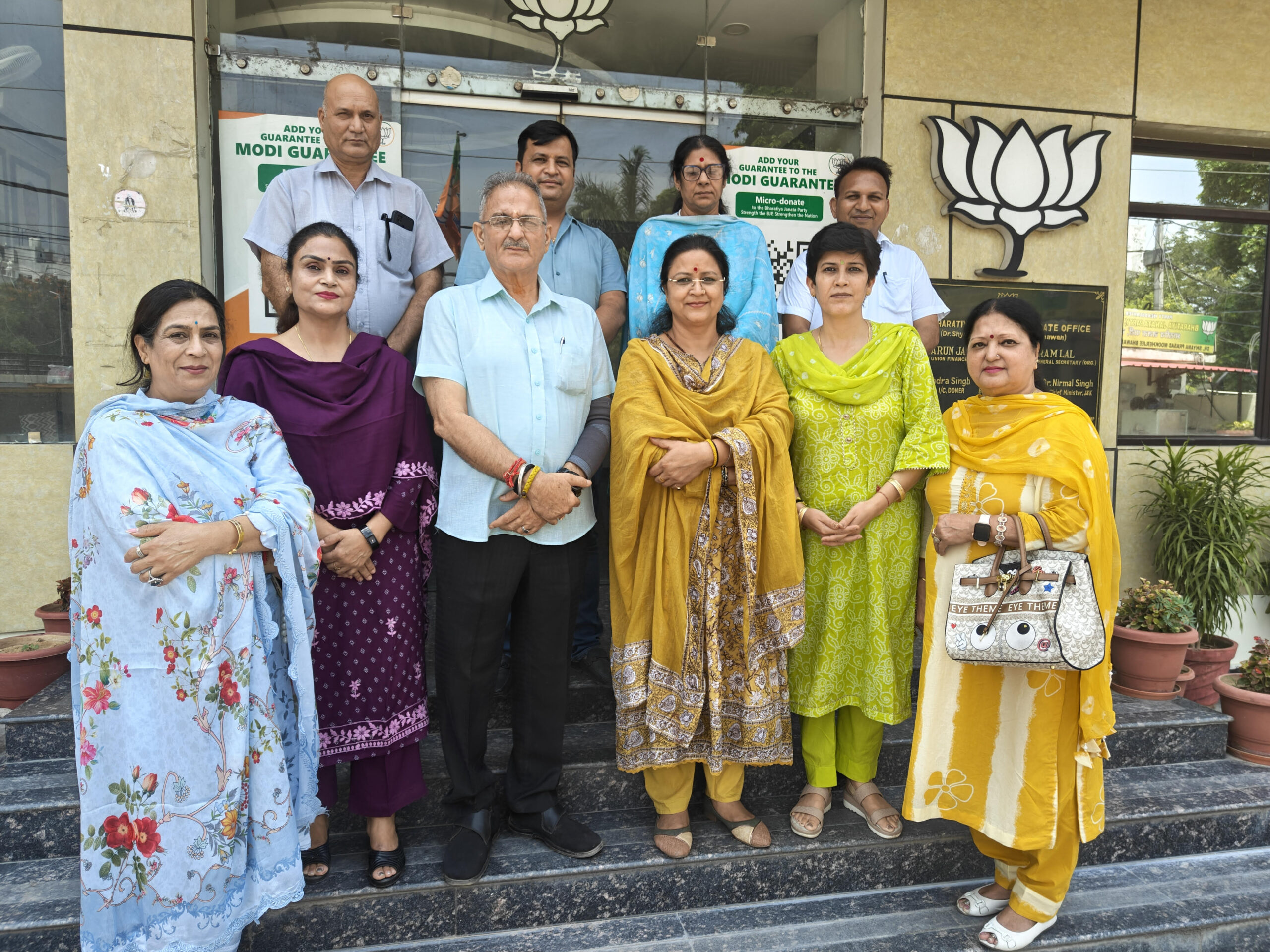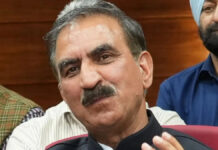The March Bank Strike came after Finance Minister Nirmala Sitharaman announced the privatisation of two public sector banks (PSBs) as part of the government’s disinvestment plan to generate Rupees 1.75 lakh crores. The government proposed to privatise a general insurance company too in the 2021 Union Budget.
The United Forum of Bank Unions (UFBU), which is an umbrella body of nine bank unions, called for a two-day strike starting from March 15. This, along with two bank holidays on March 13 (second Saturday) and March 14 (Sunday) translated to a four-day break in the regular banking operations.
The government has already privatised IDBI Bank by selling its majority stake to the Life Insurance Corporation of India (LIC) in 2019 and merged 14 public sector banks in the last four years.
Members of UFBU include All India Bank Employees Association (AIBEA), All India Bank Officers’ Confederation (AIBOC), National Confederation of Bank Employees (NCBE), All India Bank Officers’ Association (AIBOA) and Bank Employees Confederation of India (BEFI).
Others are Indian National Bank Employees Federation (INBEF), Indian National Bank Officers Congress (INBOC), National Organisation of Bank Workers (NOBW) and National Organisation of Bank Officers (NOBO).
Around 10 lakh bank employees participated in the strike, according to Venkatachalam.
Many public sector lenders, including the country’s largest bank State Bank of India (SBI), had informed their customers about the impact of the strike on their functioning of branches and offices.



























